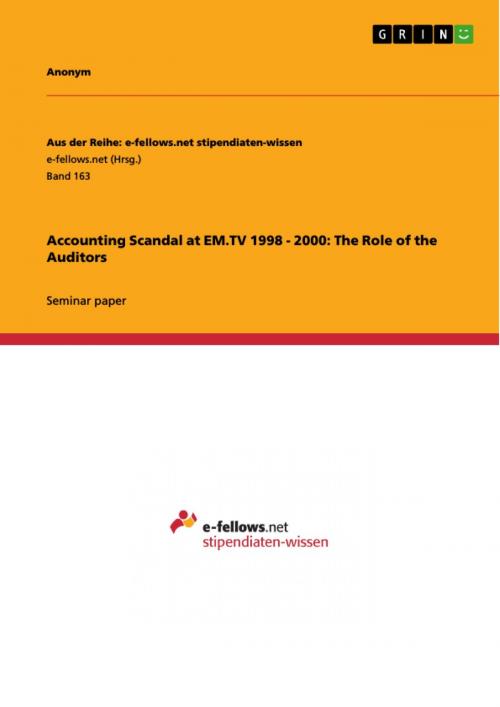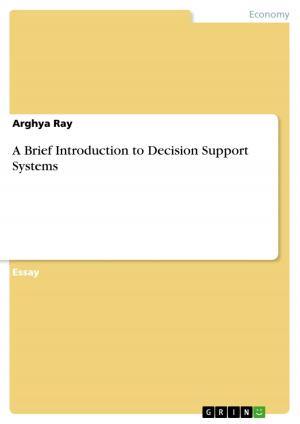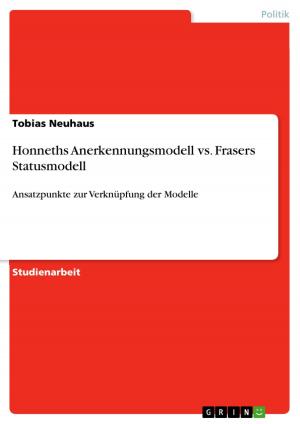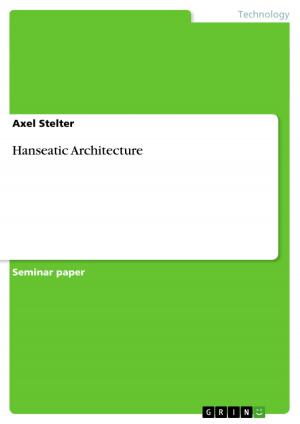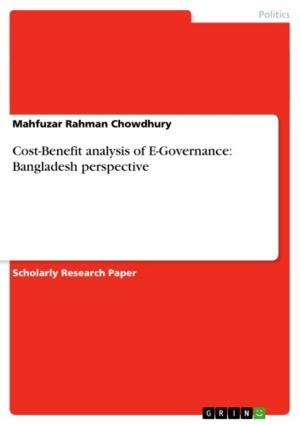Accounting Scandal at EM.TV 1998 - 2000: The Role of the Auditors
Business & Finance, Accounting, Financial| Author: | Anonymous | ISBN: | 9783640975693 |
| Publisher: | GRIN Publishing | Publication: | August 3, 2011 |
| Imprint: | GRIN Publishing | Language: | English |
| Author: | Anonymous |
| ISBN: | 9783640975693 |
| Publisher: | GRIN Publishing |
| Publication: | August 3, 2011 |
| Imprint: | GRIN Publishing |
| Language: | English |
Seminar paper from the year 2011 in the subject Business economics - Revision, Auditing, grade: 1,00, IE Business School, Madrid, course: Auditing, language: English, abstract: With the accounting scandal around the Munich-based media company EM.TV in the years 1998-2000, the auditors' profession caught unprecedented attention in Germany. As the society had just 'discovered' stock markets for the broader masses, the burst of the dot-com bubble and especially EM.TV's crash served as a painful warning signal that also in the equity markets, higher returns are not risk-free. Quickly after the full extent of EM.TV's scandal became visible and clear, the investor community filed a lawsuit against the management, and also prepared to sue PricewaterhouseCoopers, which audited the financial statements. This paper attempts to shine light on the EM.TV story, focusing on the role of the auditors. While definitely playing a central role, it will be shown that auditing in this particular case rather helped to dismantle the problematic issues and to reveal a more realistic assessment of the company's financial health. I will first give a brief overview of the discussed company as well as the special stock market environment it operated in. Secondly, I will summarize the major accounting malpractices that, consequently, have made this issue so relevant for the topic of auditing. The main part will then analyze the auditing and accountability issues, in this case implemented by PriceWaterhouseCoopers (PwC), by outlining their approach and methodology, and the subsequent actions taken. This will then be drawn further to discuss and conclude with general effects on the auditing market, especially in Germany.
Seminar paper from the year 2011 in the subject Business economics - Revision, Auditing, grade: 1,00, IE Business School, Madrid, course: Auditing, language: English, abstract: With the accounting scandal around the Munich-based media company EM.TV in the years 1998-2000, the auditors' profession caught unprecedented attention in Germany. As the society had just 'discovered' stock markets for the broader masses, the burst of the dot-com bubble and especially EM.TV's crash served as a painful warning signal that also in the equity markets, higher returns are not risk-free. Quickly after the full extent of EM.TV's scandal became visible and clear, the investor community filed a lawsuit against the management, and also prepared to sue PricewaterhouseCoopers, which audited the financial statements. This paper attempts to shine light on the EM.TV story, focusing on the role of the auditors. While definitely playing a central role, it will be shown that auditing in this particular case rather helped to dismantle the problematic issues and to reveal a more realistic assessment of the company's financial health. I will first give a brief overview of the discussed company as well as the special stock market environment it operated in. Secondly, I will summarize the major accounting malpractices that, consequently, have made this issue so relevant for the topic of auditing. The main part will then analyze the auditing and accountability issues, in this case implemented by PriceWaterhouseCoopers (PwC), by outlining their approach and methodology, and the subsequent actions taken. This will then be drawn further to discuss and conclude with general effects on the auditing market, especially in Germany.
